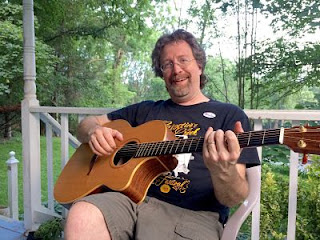…And What Your Results Don't Mean
In my last post we covered what we can learn from our DNA matches . This post is just as important, for there are many limitations. We don't inherit the same amounts of DNA from each of our 16 great-great grandparents (2Gs) . As we go farther back through successive generations, we find that we don't have any identifiable DNA from many different lines in our family, while DNA from a few branches of our family may still show up 10 to 12 generations distant. Autosomal DNA has been found to be reliable over 5 to 7 generations. A 3rd cousin (3C) is five generations removed from the Most Recent Common Ancestors (MRCA) , a shared set of those 2G grandparents. One in every ten 3Cs don't share ANY common segments with each other. And because siblings get 50% of their DNA from each parent, but not the SAME DNA (other than identical twins), it is quite possible to match some siblings in a family of 3Cs but not every sibling. Similarly, a 2nd cousin once removed (2C1R) is als
